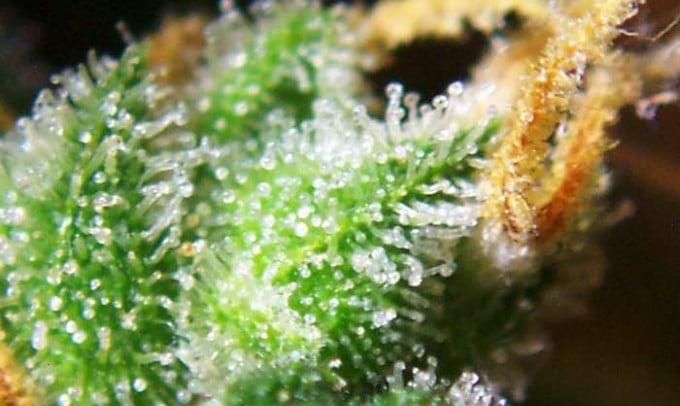Jamaica’s government says it remains committed to supporting activities leading to the development of a medical marijuana industry in the island nation.
Growing cannabis was banned in Jamaica many years ago (with the exception of Rastafarians), but in 2015, its legislature voted to amend the laws.
Last year, Jamaica’s Finance and Planning Minister, Audley Shaw, threw his support behind a local industrial hemp and medical marijuana industry.
Some have said progress has been too slow since that time, but Agriculture and Fisheries Minister Karl Samuda defended the process and said the government would not be badgered into making hasty decisions.
“We have to be diligent (and) ensure that we are doing the right thing in dealing with a subject as sensitive as cannabis,” stated Minister Samuda.
“We are interested in cannabis from one standpoint only – that it can serve to create medicines that will not only help Jamaicans but, hopefully, the world, if we are able to get to that level of acceptance where our products can be marketed internationally.”
A challenge facing Jamaica is its international risk profile has long been impacted by the country being identified as being a transit and source country for illicit narcotics.
The process is being guided by the nation’s Cannabis Licensing Authority (CLA).
Last month, the CLA started with the implementation of Alternative Development Programme (ADP), which is says will offer increased inclusion among Jamaica’s traditional farmers in the developing cannabis industry.
With regard to licenses, Minister Samuda said 210 applications have been received; with two tier one and 70 provisional licences approved.
“One is a cultivator and the other is a processor. We are, however, going to continue with that level of vigilance and we are going to make sure that the process enjoys the level of integrity that can be appreciated by anyone inside and outside Jamaica,” said the Minister.
A tier one cultivation license allows cannabis to be grown on up to 1 acre of land for medical, scientific and therapeutic purposes. A tier one processor license permits processing for medical, scientific and therapeutic purposes in a space of up to 200 square metres.
Jamaica’s licensing system will be quite complex, with five categories of licences with 11 sub-categories.


